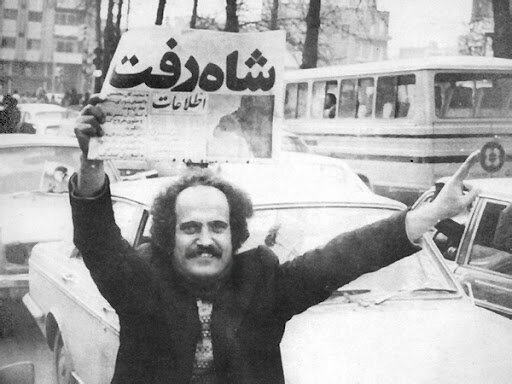
Just a couple of years ago, electric vehicles were among the hottest industries out there. Listings sent their shares through the roof. Everyone wanted in on the electrification of transport.
Now, EV makers are going bust left and right , and battery makers are in distress as demand for their product slumps. Yet miners are doing well—at least some of them. A mining startup called KoBold Metals recently raised $537 million from investors including Bill Gates and Jeff Bezos.

That latest funding round valued the company at a respectable $2.96 billion, the Financial Times reported this week, adding that KoBold eyed a key position in the critical minerals industry. if(window.
innerWidthADVERTISEMENTfreestar.config.enabled_slots.
push({ placementName: "oilprice_medrec_atf", slotId: "oilprice_medrec_atf" });';document.write(write_html);} What the company does that sets it apart from the crowd is using artificial intelligence to local deposits of metals such as lithium and cobalt, as well as copper and nickel—all critical for the energy transition. The company has already made a discovery, too.
Earlier this year, KoBold said it had found a massive copper deposit in Zambia. Developing the deposit would cost $2 billion, and it would add some 300,000 tons to global copper production starting in 2030, the company also said. There has been no news about the project since June this year when Zambian officials said KoBold may spend as much as $2.
3 billion on developing what reports were dubbing the biggest copper mine in Zambia. That was the case until early December when the White House said it would help finance the construction of a transport corridor across Tanzania, the Democratic Republic of the Congo, and Zambia. The plan aims to facilitate the extraction of transition-related natural resources from African countries as the West seeks to get an edge in the critical minerals race with China.
KoBold seems to be, at least according to its financial backers, a key player in this race. It is not really a traditional mining company, but interest is high, and it plans to go public in two to three years. It also has plans to partner with actual mining companies for the physical extraction of the resources, according to the Financial Times report.
Some would argue that the race is doomed. China is years ahead with critical minerals mining and processing. It has pretty much cornered this market, and challenging its position would take a lot of time and money that most investors might not be willing to spend.
Yet the ambition is strong with governments in the European Union and the Biden administration in the U.S.—and according to the FT, the incoming administration is far from opposed to the idea.
“We’ve had plenty of conversations with people who will be associated with the next administration who are very enthusiastic about KoBold’s mission,” the founder and chief executive of KoBold Metals told the Financial Times. Kurt House added there was broad bipartisan support for the company’s activities based on the perception of critical mineral supply as a matter of national security. if(window.
innerWidth ADVERTISEMENTfreestar.config.enabled_slots.
push({ placementName: "oilprice_medrec_btf", slotId: "oilprice_medrec_btf" });`;document.write(write_html);} Indeed, it is a matter of national security for nations that have made a bet on the electrification of everything. Currently, these nations are completely dependent on China, either directly or indirectly.
Diversifying away from the dominant critical mineral market player would make sense—as in, better late than never. The problem is that this diversification would be difficult to achieve soon enough to make financial sense for most backers of the transition. Indeed, some investors have realized they will not be making fast profits from the transition and are adopting a longer-term perspective.
Yet it seems that lately even the long-term profitability of the transition has grown increasingly uncertain, what with failed EV expectations and battery booms not materializing. KoBold Metals and its peers may prove to be key for the transition. Then again, they may be the next EV industry.
By Irina Slav for Oilprice.com More Top Reads From Oilprice.com.















